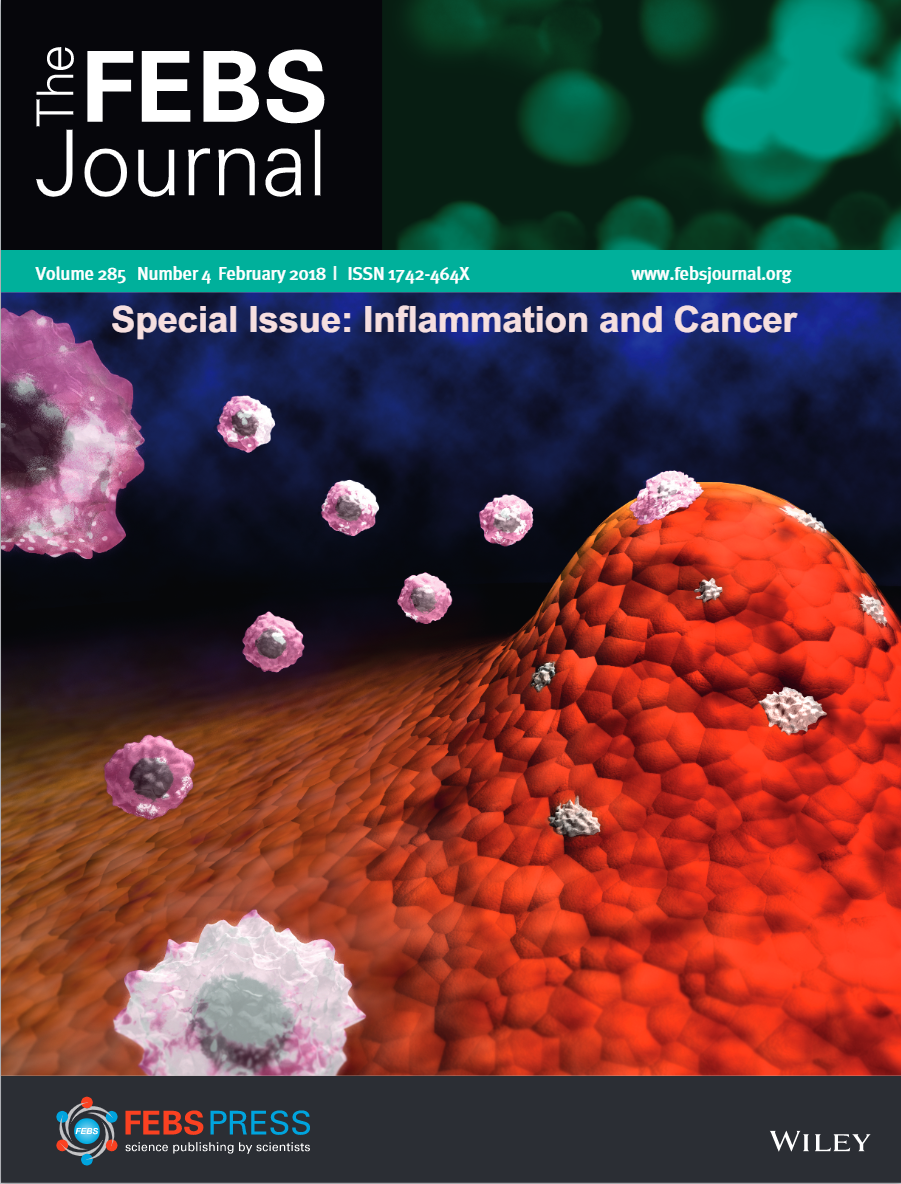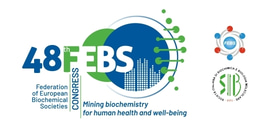The FEBS Journal Special Issue on Inflammation and Cancer


In this Special Issue of The FEBS Journal we present ten free reviews exploring the role of inflammation and the immune system in cancer. The reviews cover the complex interactions taking place in the tumour microenvironment and their effects on tumour progression and immunotherapy.
Peter Murray focuses on tumour-associated macrophages and the signalling pathways that promote their pro-tumour activities [1]. Zena Werb and colleagues highlight the interactions between immune cells and disseminated tumour cells in metastasis [2], while John Hamilton and colleagues discuss the emerging role of neutrophils in breast cancer progression to metastasis [3]. Pascale Jeannin and colleagues highlight the immune signals that promote functional plasticity of macrophages within the tumour microenvironment [4].
Metabolic rewiring of cancer cells is an emerging topic in the field and is covered by two reviews in this special issue. Mazzone, Menga and Castegna highlight the connection between metabolism and functional regulation of tumour-associated macrophages [5], while Antonio Sica and colleagues discuss current metabolism-targeting strategies in tumour-associated myeloid cells in combination with immune checkpoint inhibitors [6].
In their review, Varol and Sagi focus on the interaction between the extracellular matrix, tumour-associated macrophages and neutrophils, and its influence on tumour growth and dissemination [7]. Tim Greten and colleagues discuss the mechanisms that promote the transition from non-alcoholic fatty liver disease to hepatocellular carcinoma, a typical example of inflammation-driven cancer [8].
Two reviews covering current strategies in cancer immunotherapy close this special issue. Carola Ries and colleagues detail four strategies, currently being clinically evaluated, that target tumour-associated myeloid cells [9], while Jo Van Ginderachter and colleagues highlight both current and potential therapeutic targets to limit pro-tumour activities of tumour-associated macrophages [10].
Special thanks to Alberto Mantovani for coordinating this Special Issue and for providing an insightful introduction to this highly relevant topic [11]. We thank the authors and referees for their contributions and hope you enjoy reading these reviews as much as we have.




Join the FEBS Network today
Joining the FEBS Network’s molecular life sciences community enables you to access special content on the site, present your profile, 'follow' contributors, 'comment' on and 'like' content, post your own content, and set up a tailored email digest for updates.